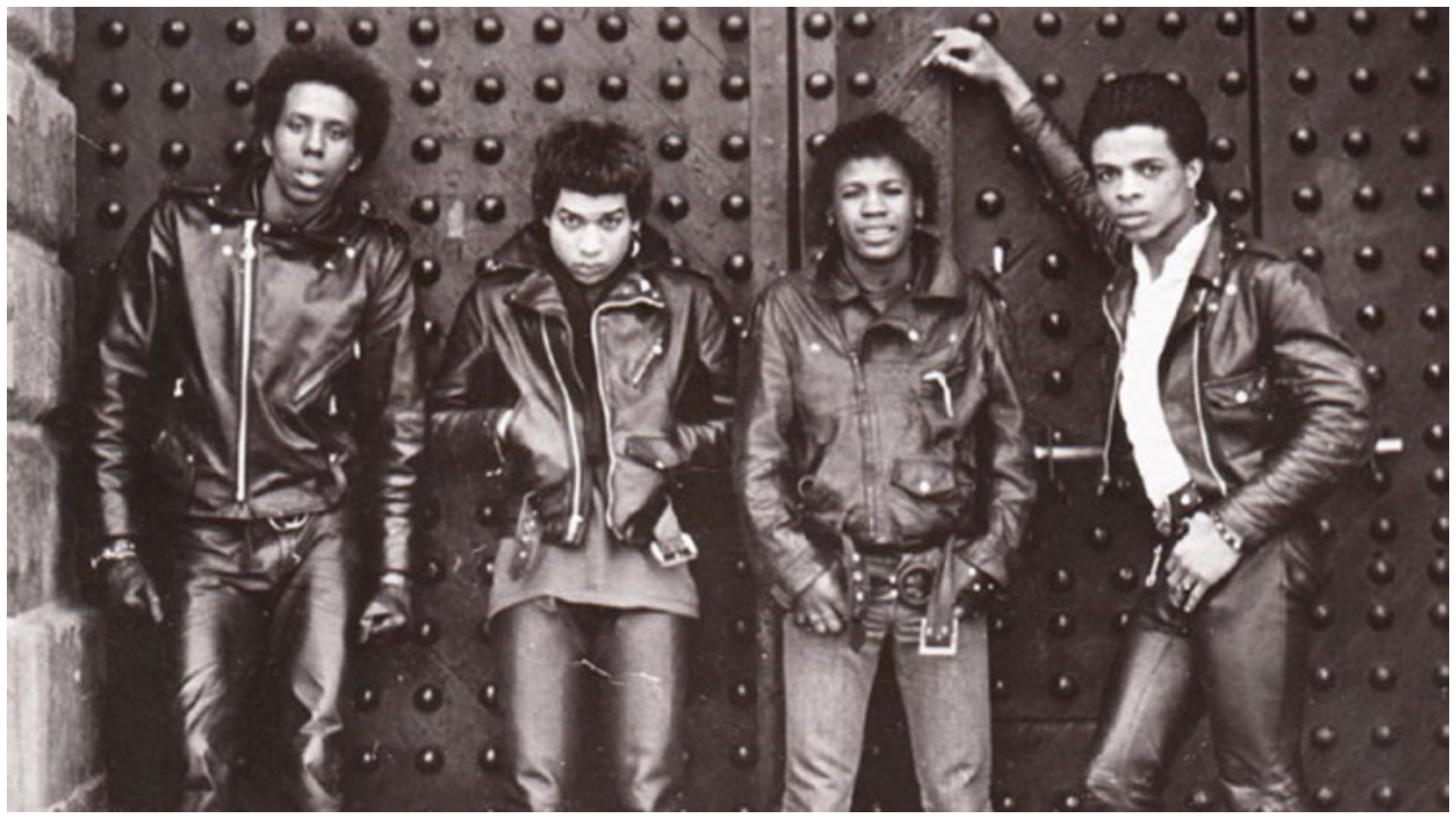Bad Brains: The Pioneering Black Punk Band That Shook D.C. and Beyond
In the mid-1970s, a group of musicians in Washington, D.C. came together to form a band that would help pioneer the punk rock genre.
With their raucous live shows, screaming-style singing, and unparalleled musicianship, Bad Brains truly embodied the spirit of a “walking, talking, singing, playing earthquake.”
From Mind Power to Bad Brains: A Shift in Sound and Name
Initially formed in 1976 under the name Mind Power, the group played jazz fusion music.
However, after their friend Sid McCray introduced them to punk rock, the band underwent a drastic transformation, changing their sound and adopting the name Bad Brains, inspired by the Ramones song “Bad Brain.”
“Originally when the band formed in the mid-’70s, the group went by the name Mind Power. Together, they played jazz fusion music.”
Embracing Punk Rock and Reggae: A Multifaceted Sound
While Bad Brains has often rejected the hardcore label, their thrashing roots undoubtedly spurred the genre’s growth.
Yet, their musical influences extended beyond punk, with the band also embracing somber, religious reggae music after witnessing a Bob Marley performance and subsequently becoming members of the Rastafarian movement.
Classic Lineup and Lasting Influence
The classic lineup of Bad Brains included singer H.R. (Paul D. Hudson), guitarist Dr. Know (Gary Miller), bassist Darryl Jenifer, and drummer Earl Hudson.
This lineup remained together until 1987, with the band breaking up and reforming several times over the years, sometimes with different frontmen and musicians.
Despite their tumultuous history, Bad Brains’ influence on the music industry cannot be overstated. They are cited as major influences by countless big-name groups, from Red Hot Chili Peppers and Beastie Boys to Nirvana, Foo Fighters, Guns N’ Roses, and more.
Banned from D.C. and Embracing New York
By 1979, Bad Brains’ wild, rambunctious performances had earned them a reputation for anarchy, leading to their ban from many D.C. clubs. In 1980, the group relocated to New York, where their popularity and influence only grew, with frequent performances at the iconic CBGB’s.
“Indeed, as early as 1979, the group was banned from many D.C. clubs for all the anarchy they created. In 1980, the group left D.C. and relocated to New York, where their popularity and influence only increased.”
Soul Brains and Beyond: A Legacy Continues
Despite various failed reunion attempts, Bad Brains came back together in 1997 to remaster early songs, which were released as the EP “The Omega Sessions.” From 1998 to 2001, the original lineup toured under the name Soul Brains, releasing two live albums.
While Bad Brains has yet to be inducted into the Rock & Roll Hall of Fame, despite a 2016 nomination, their impact on the music industry and their status as pioneers of the punk rock genre remain undisputed.





